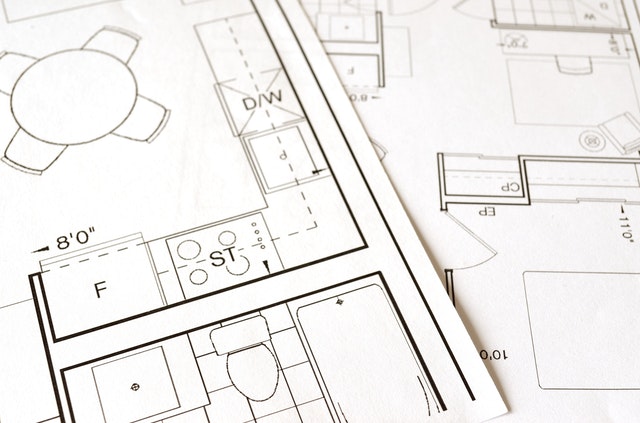3 Important Factors That Affect Your Real Estate Transaction
 The real estate market is quite different from other markets and can be confusing for even the most experienced buyers and sellers. You will need the help of a real estate agent whether you are an experienced buyer or doing it for the first time.
The real estate market is quite different from other markets and can be confusing for even the most experienced buyers and sellers. You will need the help of a real estate agent whether you are an experienced buyer or doing it for the first time.
Even with the help of an agent, you can educate yourself on some of the basic elements of a real estate transaction in order to make yourself more comfortable throughout the process.
Here are 3 things that you should be aware of before you start a real estate transaction:
Market Demand And Sales Price
There are many factors that determine the appropriate sales price at which you sell or buy a piece of property. Among them is the market demand and other recently sold homes in the immediate area that match the characteristics of your home. Real estate agents can prepare a comparative market analysis (CMA) to help you understand the recent activity in your market and the best price to list your home at.
If you’re a buyer, you can ask your agent to run a property listing report to show you all of the comparable homes that are currently listed in your area. You can even get set up on an automatic email update of any home that meets your criteria as soon as it comes on the market or there is a change in the listing price.
A professional real estate agent can be of great help when it comes to finding customers for your property. As a buyer, you can seek for the services of a real estate agent that will help you in getting a property at affordable prices.
Absorption Rate
This term is quite common among real estate agents, however a lot of consumers haven’t ever heard of it. It is the amount of time taken to sell a piece of property that is listed in a particular market based on the total housing inventory and the average monthly properties sold. The absorption rate can guide you if you are planning to make investment in a particular area or if you are planning on selling your home.
For instance, if you know the average time on the market for a home similar to yours is 90 days you can plan approximately when to list your property in order to move at a specific time. It’s important to understand that many factors determine whether a particular home sells within the average time frame, but it can be useful as a guide. A professional real estate agent is your best resource to find out the details on your local market absorption rate.
Escrow
There are many buyers and even sellers that have seen funds mishandled when making a private real estate transaction. The best way to prevent this from happening is by opening an escrow account. This account is virtually always opened with an independent third party on behalf of the buyer and seller at the beginning of the transaction.
Some escrow companies also handle the title research and title insurance elements of the real estate transaction. They hold all of the documents and money until the transaction has been completed. At the end of the transaction they balance all of the expenses and deposits and ensure that each party is compensated appropriately.
As always, working with a team of real estate professionals is the best way to navigate all of the elements of your next real estate deal. Another primary team member and important relationship is with your trusted mortgage professional. It’s important to make a plan for where you will live after your property is sold. Getting a pre-approval is a great way to ensure a smooth transition.

 Your home’s energy rating is an evaluation of your home’s overall energy efficiency. If your house’s rating is high, it means your potential for energy loss is also high. Bringing your rating numbers down means that your home is becoming more energy efficient.
Your home’s energy rating is an evaluation of your home’s overall energy efficiency. If your house’s rating is high, it means your potential for energy loss is also high. Bringing your rating numbers down means that your home is becoming more energy efficient.  Savvy home buyers often get great deals on new home constructions by asking for deals and discounts and doing some up-front research.
Savvy home buyers often get great deals on new home constructions by asking for deals and discounts and doing some up-front research.  Home price growth slowed to its lowest rate in 20 months according to the 20-City Home Price Index issued by Case-Shiller. After years of dismal readings, Las Vegas, Nevada led the cities included in the index.
Home price growth slowed to its lowest rate in 20 months according to the 20-City Home Price Index issued by Case-Shiller. After years of dismal readings, Las Vegas, Nevada led the cities included in the index. News of the Federal Reserve hiking interest rates appears to have caused unnecessary panic among people poised to purchase a first home or a larger one for a growing family.
News of the Federal Reserve hiking interest rates appears to have caused unnecessary panic among people poised to purchase a first home or a larger one for a growing family.